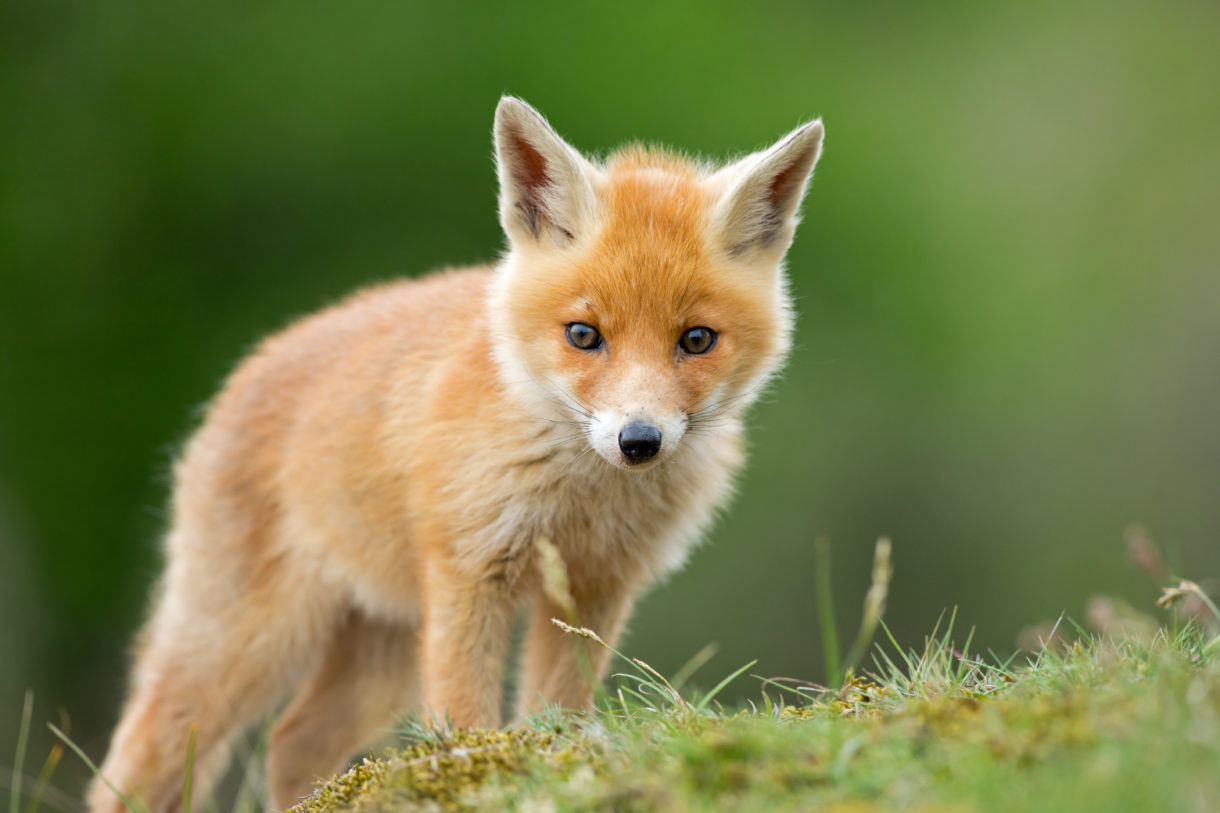Several states introduce bills banning fur, voicing concerns over cruelty, pandemic risk
While the pandemic risk has accelerated the movement away from fur, many nations were already turning away from this trade because of the cruelty it perpetrates. Photo by Schaef1/iStock.com
The momentum to end the use of fur continues to build. As state legislative sessions get underway across the United States, bills to ban fur sales have been introduced in five states so far, including Rhode Island, Oregon, Connecticut, Hawaii and New York. A bill introduced in Washington would ban the production of fur.
The bill in Hawaii will be heard in committee next week. And we expect similar bills will be introduced in other state legislatures in coming weeks.
This is terrific news, and it builds upon the tremendous progress we have already been making in states and localities nationwide. One state, California, banned fur sales in 2019, after four of its cities already had such bans in place. Last year, Wellesley, a town in Massachusetts, passed a ban on fur sales. Similar bans are being considered in other cities, including Minneapolis.
The reason we are seeing such unprecedented interest among lawmakers in moving against fur is both because of a growing distaste among Americans for this unnecessary product built on immense animal cruelty, and concerns about the high pandemic risk posed by fur farms.
Mink at 16 fur farms in four states, Oregon, Michigan, Utah and Wisconsin, have tested positive for the coronavirus. Last week, we learned that a fur worker in Utah had died after contracting the virus. Thousands of mink have also died in these fur farms, and the virus has even been found among wild mink in Utah and Oregon.
Other nations that have discovered infected mink on fur farms, like the Netherlands and France, have already moved to end fur production. Sweden suspended mink fur farming for a year and Denmark, which has also suspended all mink fur farming for a year, is working to proactively shut down the industry by offering fur farmers funding to transition to other livelihoods.
While the pandemic risk has accelerated the movement away from fur, many nations were already turning away from this trade because of the cruelty it perpetrates. Animal protection groups like ours have helped put this cruelty on display by educating the public and through undercover investigations of fur farms. Humane Society International conducted two investigations of fur farms over the past two years that showed the horrific lives that animals like mink and foxes endure in tiny, cramped cages before they are bludgeoned to death. In some cases, as our cameras documented, animals were skinned while alive.
Our work has resulted in consumers, major fashion designers and retailers renouncing fur. As a result, fur sales have been plummeting year after year. As we reported in November, the world’s largest fur auction house, Kopenhagen Furs, based in Denmark, announced it will close its doors over the next three years because of the dropping demand for animal pelts. U.S. fur imports have also been dropping and the fur industry here recorded its worst year in 2019, the latest year for which numbers were available.
We applaud the states that are moving to take action against fur and we urge other states to follow their lead. With the grave risk fur clearly poses to public health, and the cruelty to animals it perpetrates, there is no reason at all to keep this struggling industry alive.



